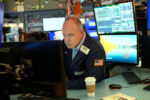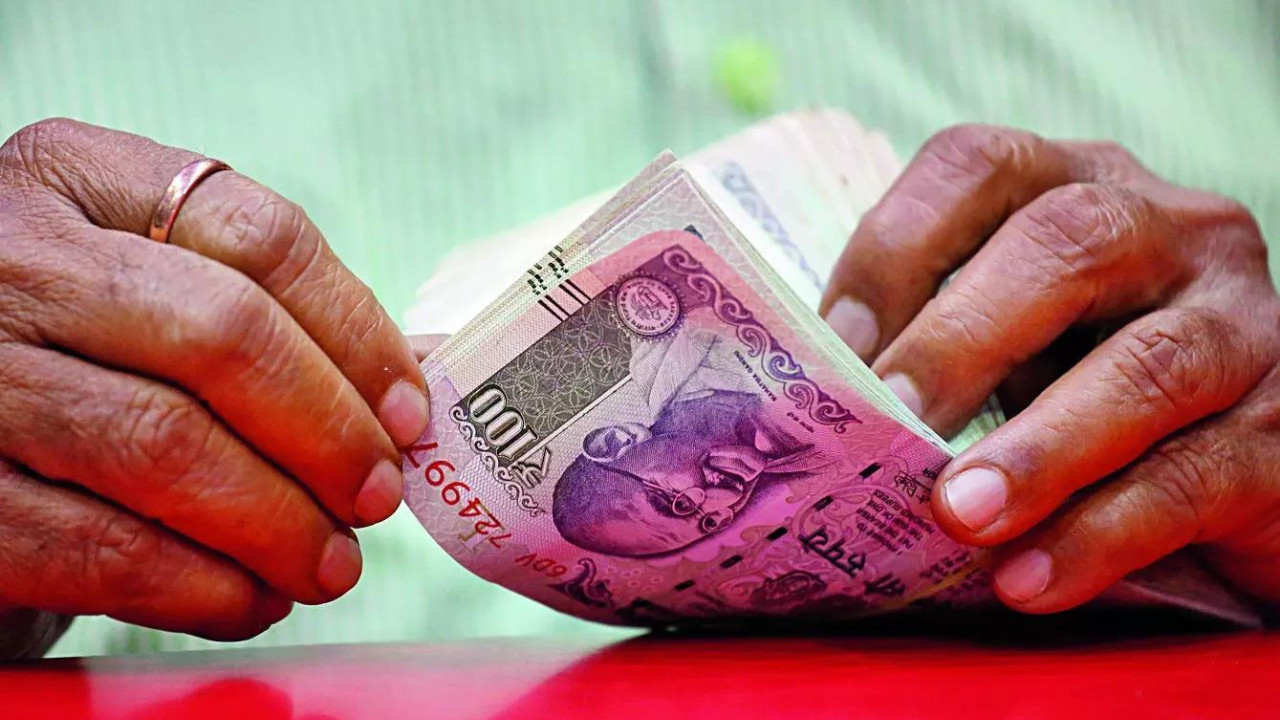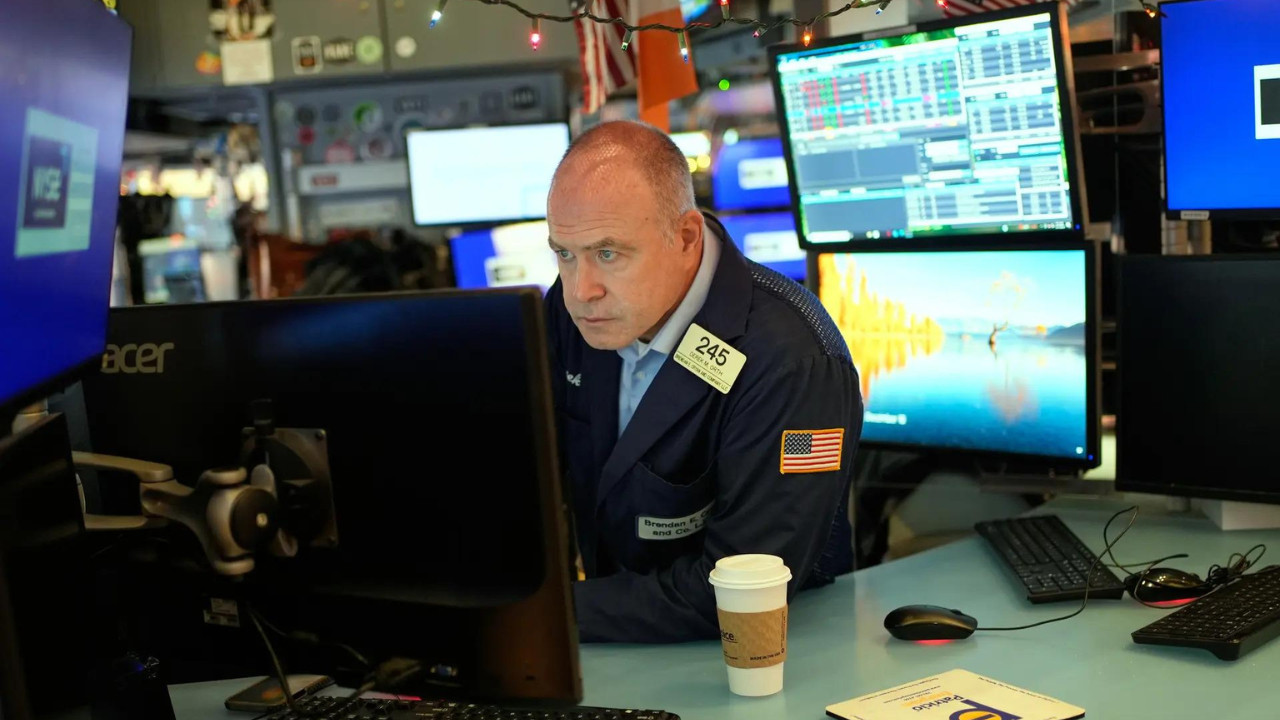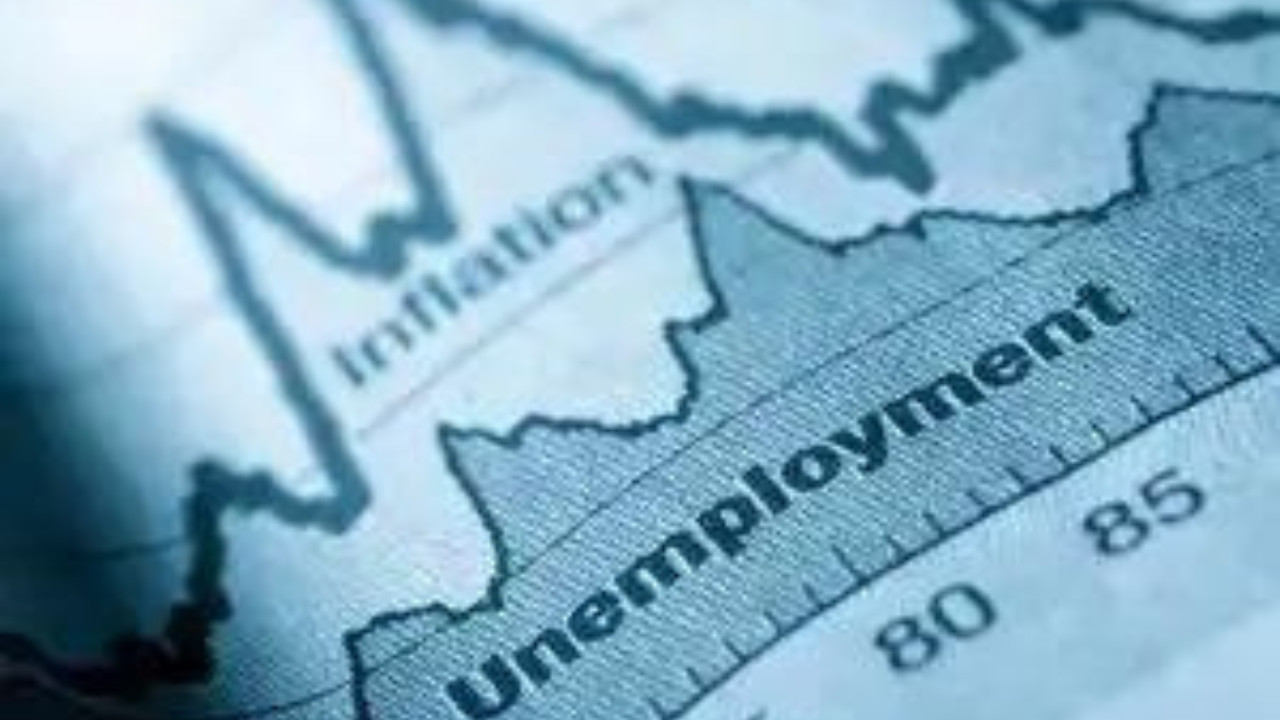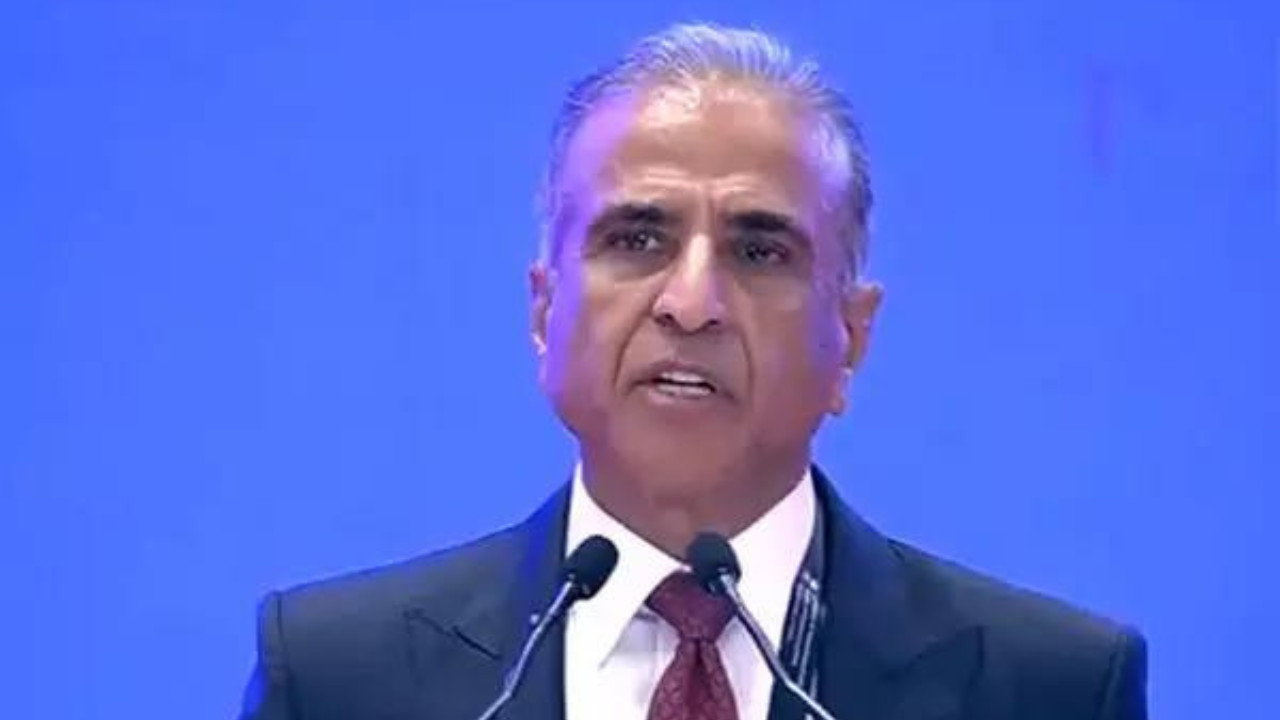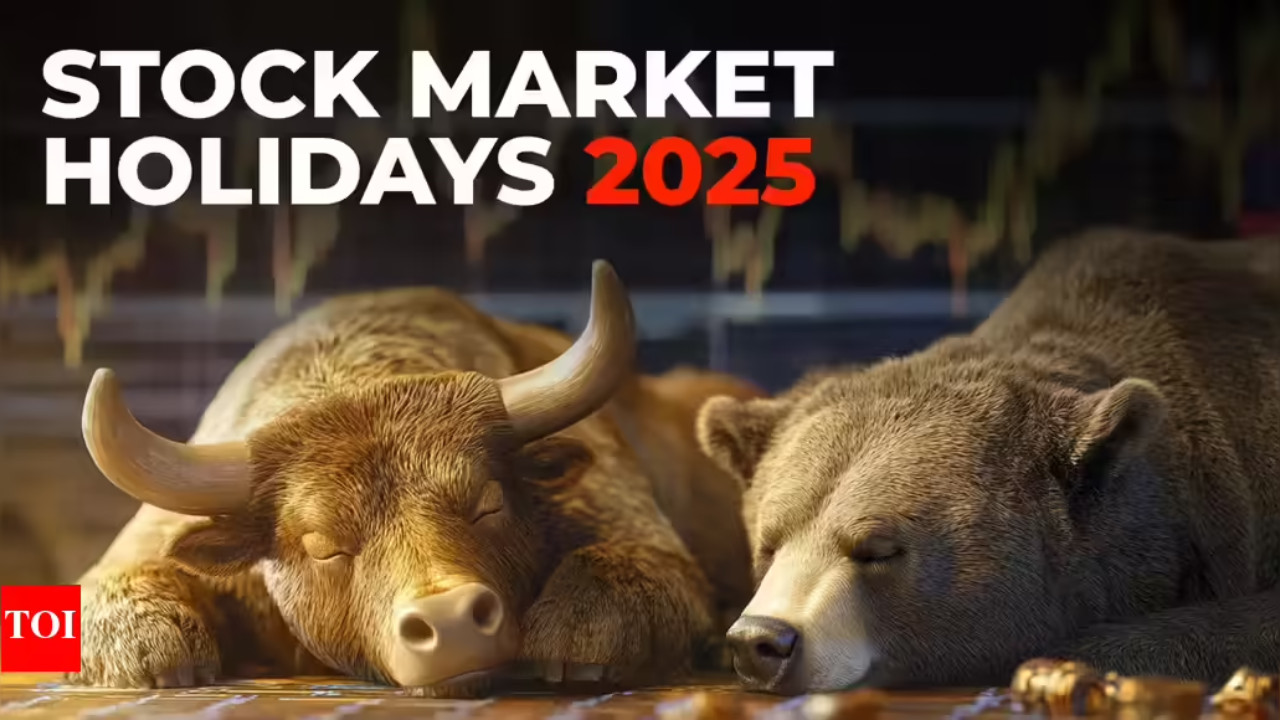Asian equities tumbled on Thursday, mirroring Wall Street’s losses, fueled by US economic anxieties. Concerns over Donald Trump’s proposed tax cuts and their potential impact on the US federal deficit intensified pressure on US Treasuries. A weak US government bond auction and Moody’s credit outlook downgrade further dampened investor sentiment, halting a recent rally driven by easing China-US trade tensions.
Asia’s Markets Catch a Cold: What’s Brewing After Wall Street’s Tumble?
Okay, let’s talk markets. We all know that sinking feeling when the stock ticker flashes red. This week, that feeling isn’t just confined to Wall Street. It’s spreading east, leaving a distinct chill in Asian trading rooms. The question is, are we looking at a minor tremor or the beginning of something bigger?
Last night’s Wall Street session clearly left its mark. No one likes a hangover, and that’s precisely what Asian markets seem to be experiencing after the US indices took a tumble. Tokyo’s Nikkei, a bellwether for the region, took a hit, shedding a significant 300 points. Hong Kong’s Hang Seng, never one to be left out of the drama, also dipped, albeit a bit more gracefully.
Now, market fluctuations are hardly headline news. They’re part and parcel of the investment game. But the speed with which the sentiment travelled across the Pacific does give you pause. It underscores just how deeply interconnected global economies are. One stumble in New York, and suddenly breakfast conversations in Seoul and Singapore are dominated by phrases like “risk aversion” and “market correction.”
So, what’s driving this mini-meltdown? Well, pinning it down to a single factor is always an oversimplification. Think of it more like a complex cocktail of anxieties. Inflation worries haven’t exactly disappeared, even with central banks playing their rate-hike cards. And, let’s be honest, the global economic outlook still feels a little… hazy.
We’re all waiting for those solid, undeniably positive economic indicators to emerge. But instead, we get data that’s either lukewarm or downright contradictory. This uncertainty, naturally, breeds nervousness among investors. They pull back, re-evaluate, and sometimes, just plain panic-sell.
Hong Kong, for example, is facing its own unique set of pressures. Its close ties to mainland China mean any ripples of concern about the Chinese economy get amplified in the Hong Kong market. The property sector there, which has been a significant engine of growth, has also been under the spotlight lately, adding another layer of complexity.
The Nikkei’s slide in Tokyo is particularly interesting. Japan has been trying to engineer a sustainable economic recovery for years, and recent data suggested they might finally be turning a corner. But even positive domestic signals can’t completely insulate it from global headwinds. The Nikkei is very sensitive to movements in the US market.
Now, before we all start stockpiling canned goods and burying our money in the backyard, let’s inject a bit of perspective. Market corrections, even sharp ones, are a normal part of the economic cycle. They offer opportunities for investors to rebalance their portfolios, buy into undervalued assets, and generally take a deep breath.
The key is to avoid knee-jerk reactions. Resist the urge to sell everything at the first sign of trouble. Instead, take a long-term view. Review your investment strategy. Are you comfortable with your current level of risk? Are your investments aligned with your financial goals?
And, perhaps most importantly, do your homework. Understand what you’re investing in and why. Don’t rely solely on headlines or market sentiment. Informed decisions are always the best decisions, especially in volatile times.
It’s easy to get caught up in the daily drama of the markets. But it’s important to remember that the financial world is a marathon, not a sprint. There will be ups and downs, periods of calm and periods of turbulence. The trick is to stay the course, maintain a cool head, and focus on the long game.
So, while Asia’s markets might be feeling a bit under the weather today, it’s not necessarily a cause for alarm. It’s a reminder, perhaps, that global economies are deeply interconnected and that vigilance, research, and a healthy dose of perspective are crucial for navigating the world of investing. The dust will settle, as it always does, and new opportunities will undoubtedly emerge. What will define us is the way we react and prepare for the upcoming market dynamics. Let’s wait and watch!
📬 Stay informed — follow us for more insightful updates!


